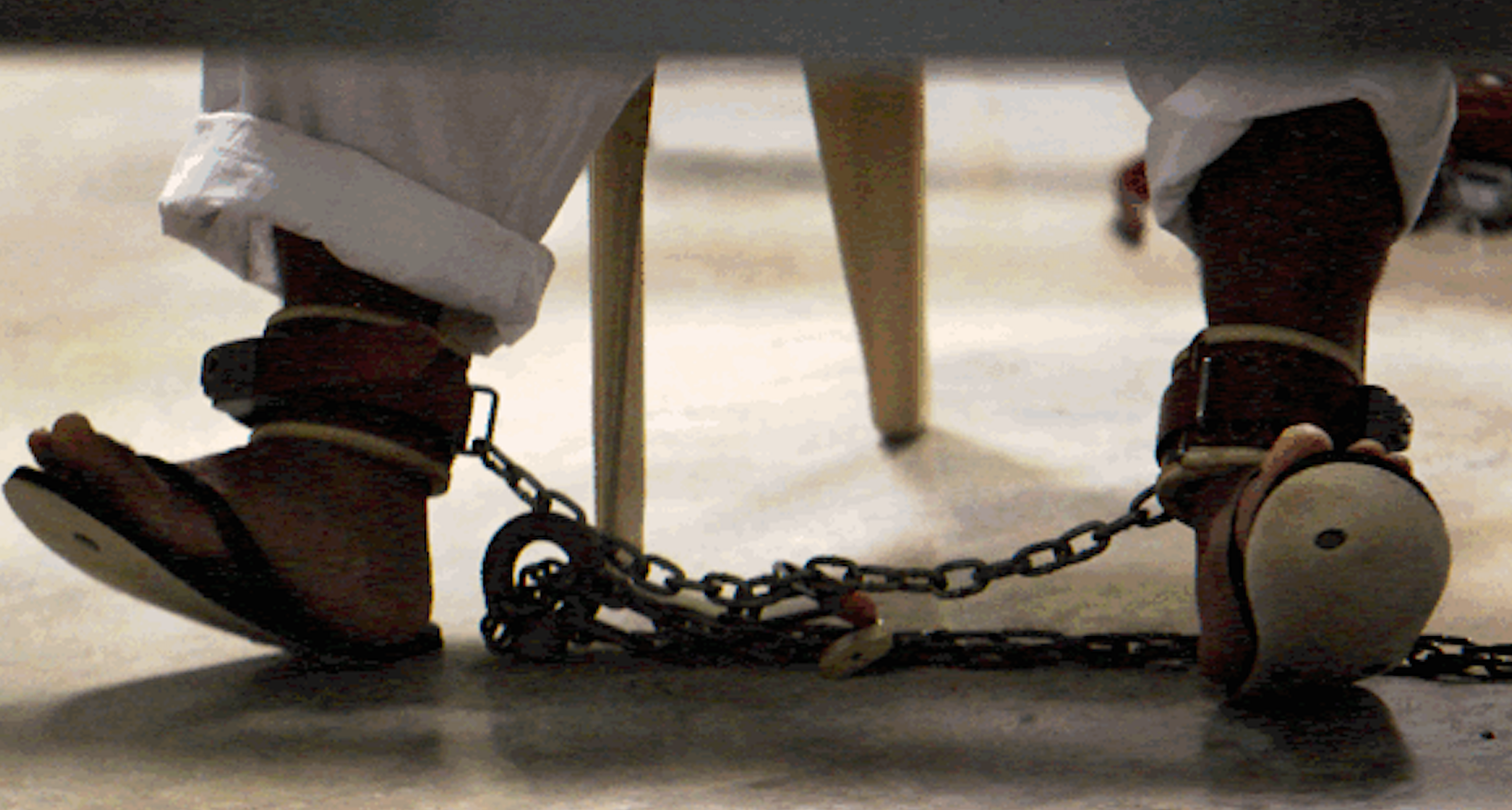Below is a list of 14 reasons why I think it’s important to thoroughly investigate interrogation and detention practices and policies since 9/11/01 and to initiate criminal prosecutions where evidence is developed that warrants prosecution.
1. President Obama has said he wants to look forward rather than backward. This implies a false dichotomy between the two. Without examining the past, we cannot fully understand how to ensure that whether the US government follows the law is not left up to the whim of the current occupant of the White House. A thorough investigation will provide information needed to determine whether and which policy/regulatory/statutory changes are needed to prevent recurrences of bad practices.
2. President Obama has also said that “no one is above the law.” By failing to thoroughly investigate the practices of the last 8 years, he would be saying that, in fact, some people ARE above the law.
3. The investigations that have been conducted by the Bush administration were inadequate. They were all limited in scope and failed to look up the chain of command.
4. A thorough investigation would restore the public’s trust by showing that the government is not trying to hide the facts.
5. The government is legally required to prosecute grave breaches of the Geneva Conventions. Failing to do so would, in and of itself, be unlawful.
6. Real accountability demonstrates the government’s seriousness about changing course, as well as the seriousness with which the government views the offenses.
7. It is a way of demonstrating support for rank-and-file soldiers by showing that no one is above the law and that scape-goating low-level soldiers is not acceptable. Emphasizes that officers and civilian leaders who set policy are accountable for issuing clear and lawful orders to their subordinates.
8. Will help restore the reputation and influence of the U.S. in the world.
9. Assures other countries that U.S. speaks from a position of moral authority when asking them to respect the human rights of U.S. personnel.
10. Those who suffered torture, cruel treatment, and arbitrary detention are entitled to see those responsible brought to justice, as part of their healing process. They are also entitled to reparations, and those not guilty of any offenses are entitled to have their names cleared. Justice can defuse anger of victims and those who might seek vengeance on their behalf.
11. Without the threat of prosecution, perpetrators are unlikely to be forthcoming about their actions. There is little evidence from the experience of other countries that offering pardons or amnesties motivates perpetrators to volunteer inculpatory information.
12. Even many countries that initially granted amnesty for human rights crimes because they thought prosecutions would be too divisive subsequently revoked the amnesty (e.g., Argentina).
13. Prosecutions are a way of affirming that the crimes prosecuted are an injury to society, not just to the individual victims.
14. Investigations and criminal prosecutions, where warranted, can help deter future crimes. Bush administration officials, including Vice President Cheney and CIA Director Hayden, continue to aggressively defend the use of waterboarding and other harsh interrogation tactics. If people with similar values and perspectives come to power again in the future, there is every reason to think they will resort to the same illegal practices, unless there are serious consequences for doing so.
